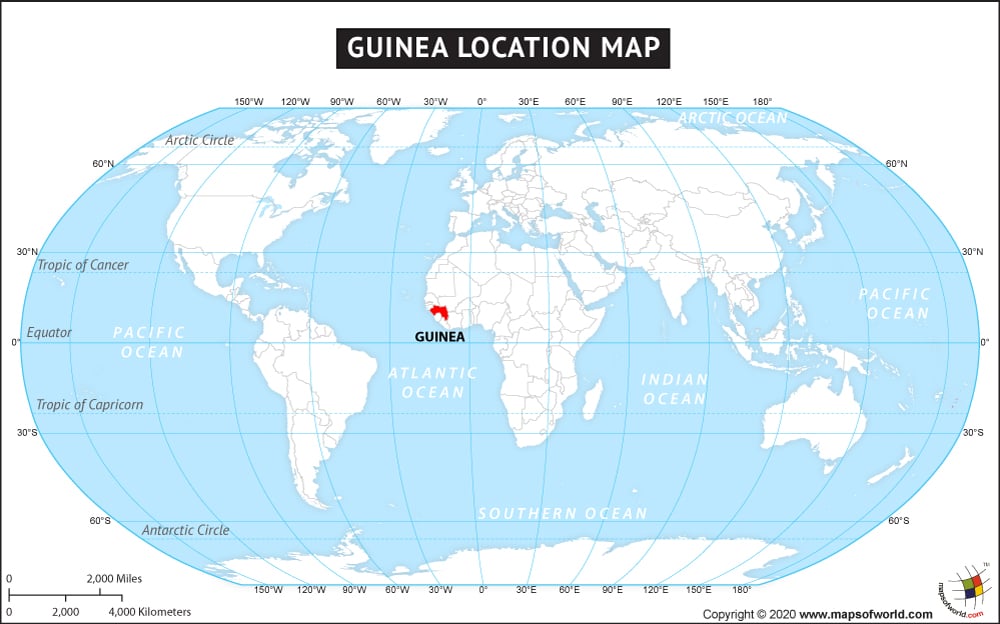Science
Related: About this forumAn asteroid impact crater found beneath the North Atlantic Ocean
More than one asteroid could have spelled doom for the dinosaurs.
BY
PRANJAL MEHAR
AUGUST 20, 2022 18:00 IST
Using seismic measurements, scientists have found evidence of an asteroid impact crater beneath the North Atlantic Ocean. According to scientists, this crater must have formed by an asteroid impact around 66 million years ago. During the same time that the Chicxulub asteroid hit Earth off the coast of today’s Yucatan, Mexico, and wiped out the dinosaurs.
The crater is about 5 miles in diameter. Scientists have named it Nadir crater. It is buried up to 1,300 feet below the seabed about 250 miles off Guinea, West Africa coast.
Scientists believe that the asteroid that created the newly discovered Nadir crater could have formed by the breakup of a parent asteroid or by a swarm of asteroids in that time period. If confirmed, the crater will be one of less than 20 confirmed marine impact craters on Earth.
Scientists used computer simulations to determine what kind of collision took place and what the effects might have been. According to the simulations, a 1,300-foot-wide asteroid colliding with a body of water between 1,600 and 2,600 feet deep created the crater.
More:
https://www.techexplorist.com/asteroid-impact-crater-found-beneath-north-atlantic-ocean/53213/
rampartc
(5,835 posts)might have been thousands of years before or after chicxulub.
i'm not sure we know if this part of pangaea was still breaking up into africa and s america at the time?
Igel
(36,586 posts)But things that are instantaneous at that time depth usually weren't.
One report a few years back pointed out that some dinosaur fossils in western Canada dated to thousands of years after Chicxulub. It wasn't disproven so much as ignored--how could that be?
Others noted that dinosaur populations were taking real hits for quite a few thousands of years prior to Chicxulub.
Maybe there was an opening act (or several), the main event, and then an emcee rounded things out and said, "Last call." Or maybe all the discrepancies are just "margin of error" crap.
But declaring the science settled when it isn't isn't science at all.
Joinfortmill
(17,348 posts)Angleae
(4,684 posts)Judi Lynn
(163,021 posts)